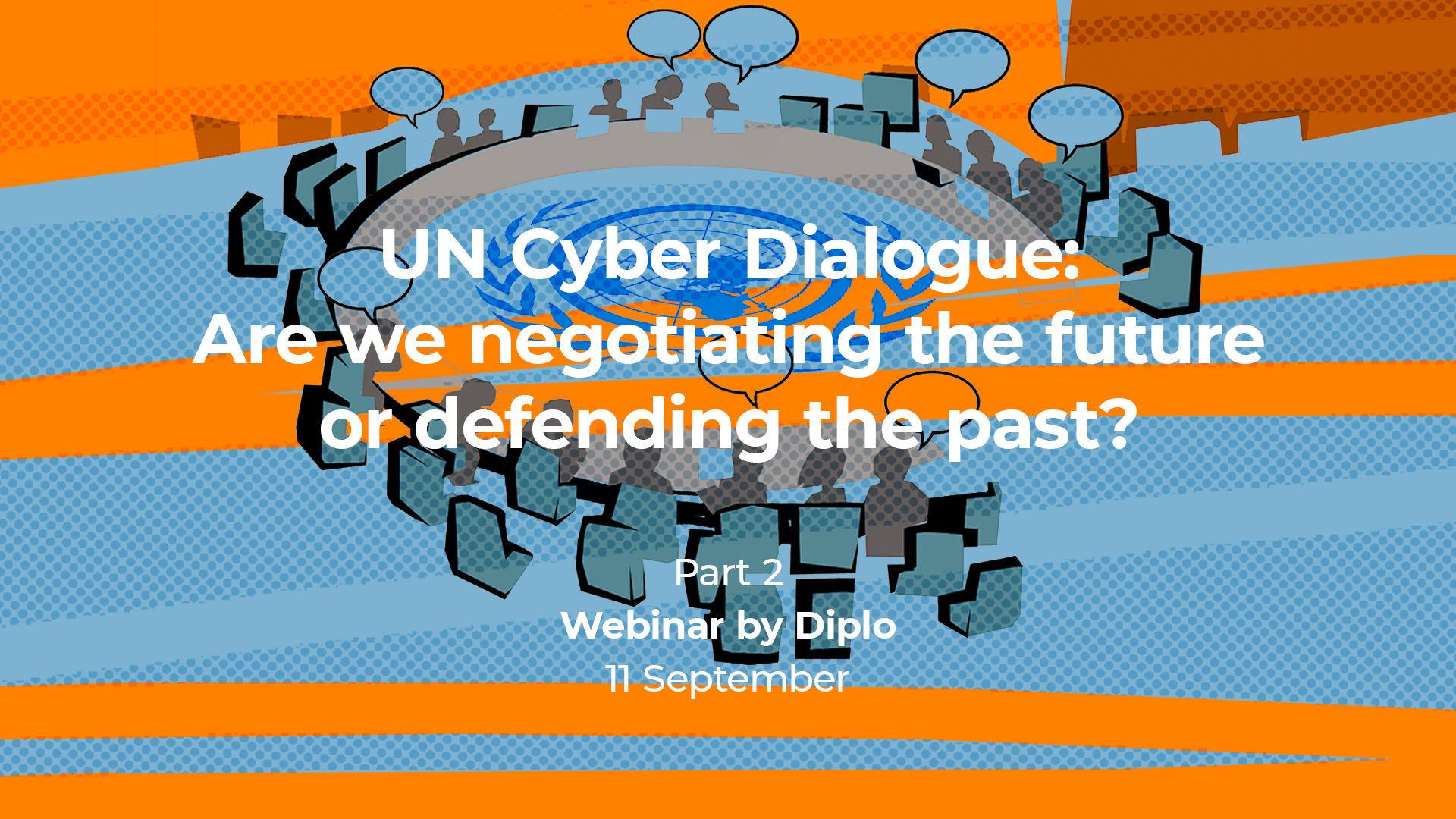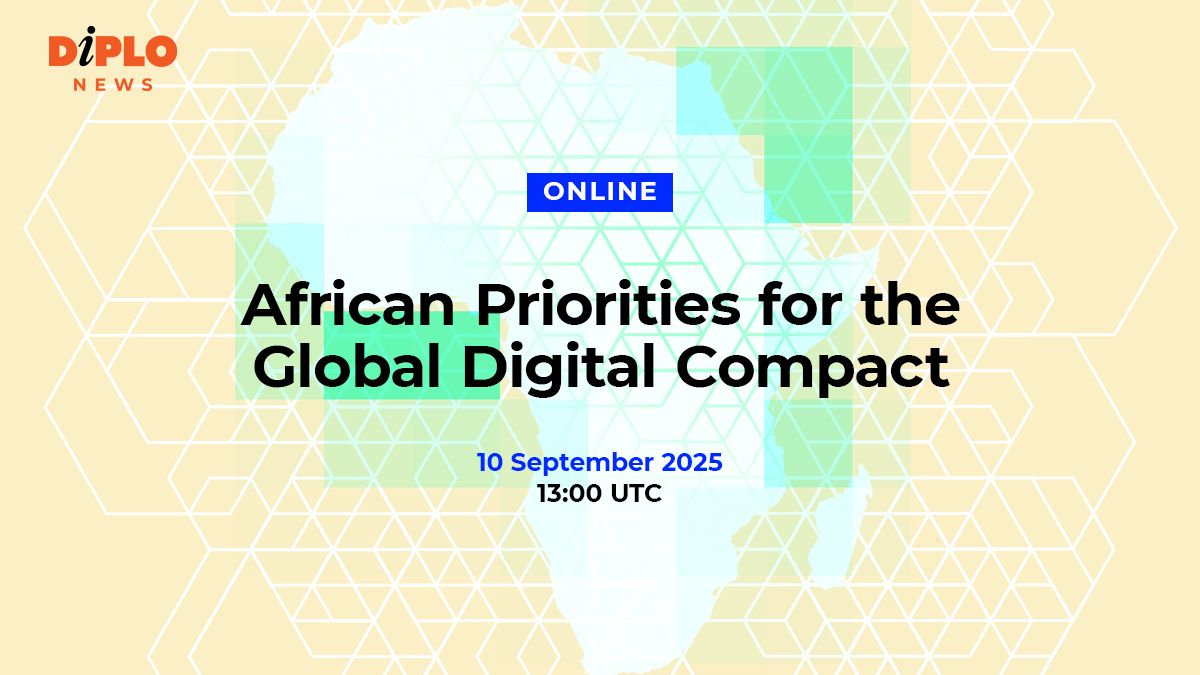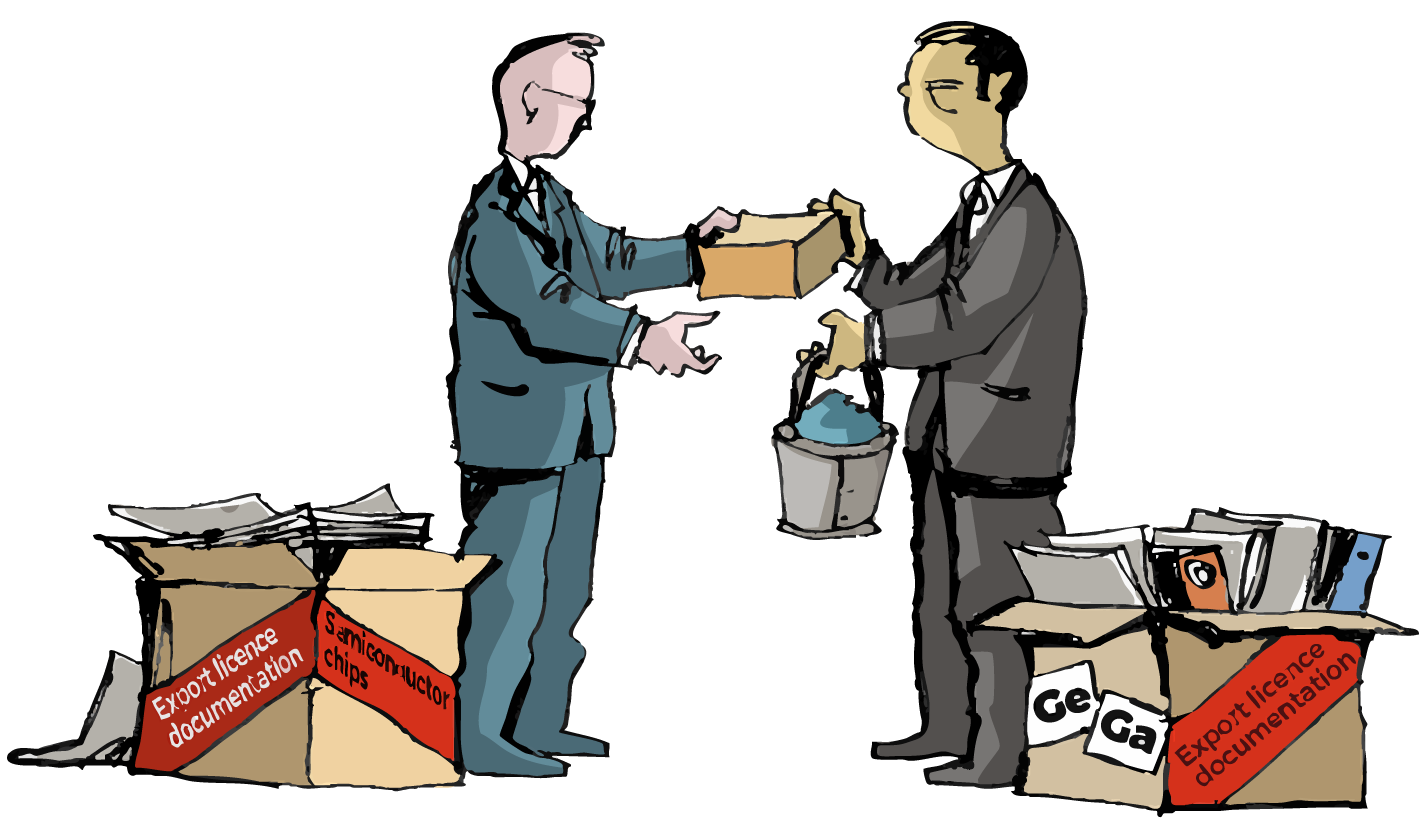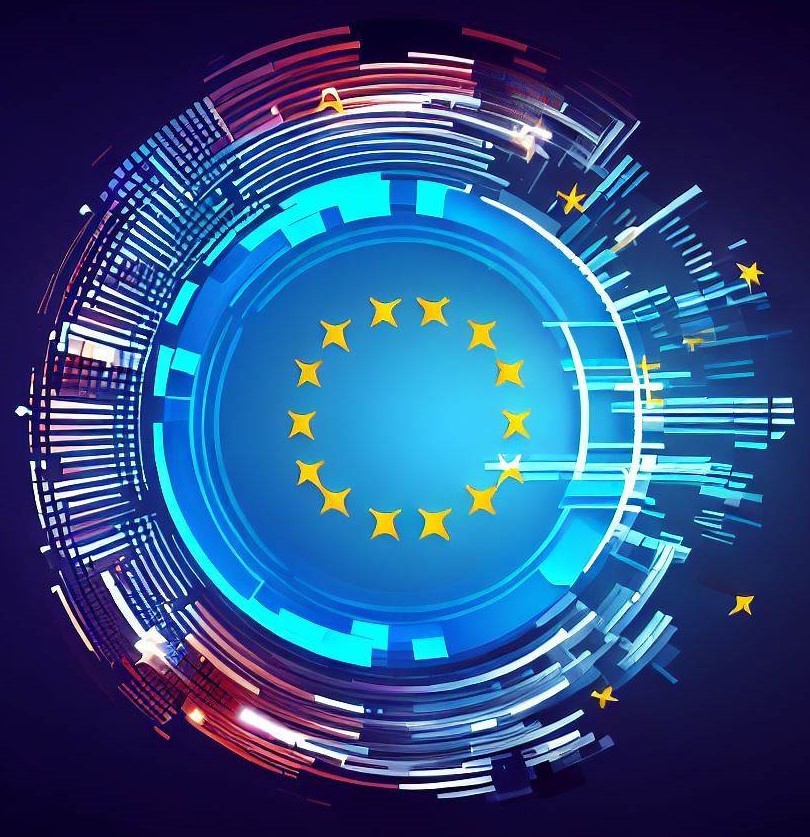
5 – 12 September 2025
Dear readers,
‘Europe is in a fight,’ European Commission President Ursula von der Leyen declared as she opened her 2025 State of the Union speech. Addressing the European Parliament in Strasbourg, von der Leyen noted that ‘Europe must fight. For its place in a world in which many major powers are either ambivalent or openly hostile to Europe.’ In response, she argued for Europe’s ‘Independence Moment’ – a call for strategic autonomy.
One of the central pillars of her plan? A major push to invest in digital and clean technologies. Let’s explore the details we’ve heard in the speech.
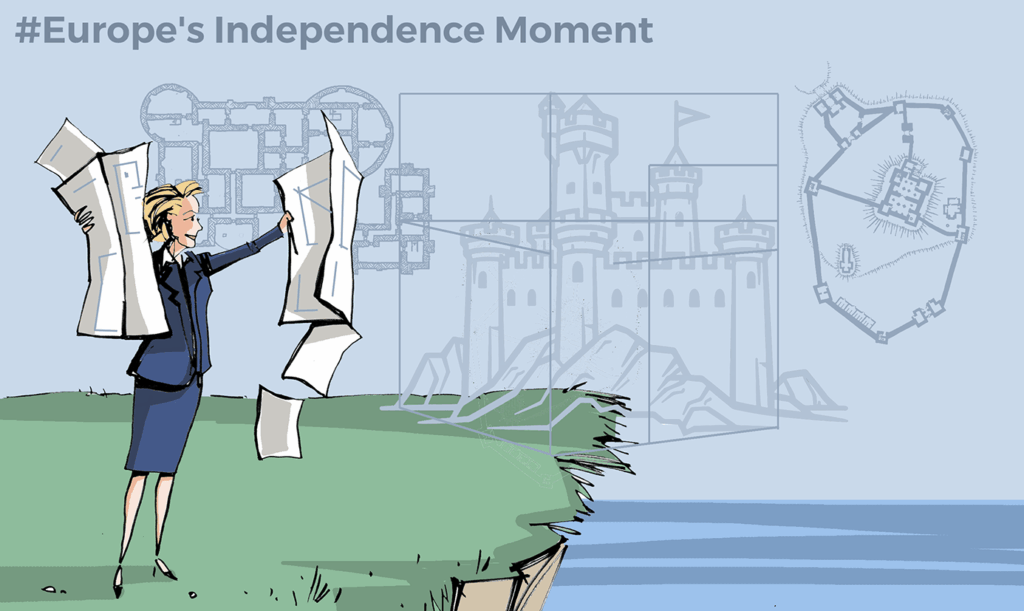
The EU plans measures to support businesses and innovation, including a digital Euro and an upcoming omnibus on digital. Many European startups in key technologies like quantum, AI, and biotech seek foreign investment, which jeopardises the EU’s tech sovereignty, the speech notes. In response, the Commission will launch a multi-billion-euro Scaleup Europe Fund with private partners.
The Single Market remains incomplete, von der Leyen noted, mostly in three domains: finance, energy, and telecommunications. A Single Market Roadmap to 2028 will be presented, which will provide clear political deadlines.
Standing out in the speech was von der Leyen’s defence of Europe’s right to set its own standards and regulations. The assertion came right after her defence of the US-EU trade deal, making it a direct response to the mounting pressure and tariff threats from the US administration.
The EU needs ‘a European AI’, von der Leyen noted. Key initiatives include the Cloud and AI Development Act, the Quantum Sandbox, and the creation of European AI Gigafactories to help startups develop, train, and deploy next-generation AI models.
Additionally, CEOs of Europe’s leading tech companies will present their European AI & Tech Declaration, pledging to invest in and strengthen Europe’s tech sovereignty, von der Leyen stated.
Europe should consider implementing guidelines or limits for children’s social media use, von der Leyen noted. She pointed to Australia’s pioneering social media restrictions as a model under observation, indicating that Europe could adopt a similar approach. To ensure a well-informed and balanced policy, she announced plans to commission a panel of experts by the end of the year to advise on the best strategies for Europe.
Von der Leyen’s bet is that a potent mix of massive investment, streamlined regulation, and a unified public-private front can finally stop Europe from playing catch-up in the global economic race.
History is on her side in one key regard: when the EU and corporate champions unite, they win big on setting global standards, and GSM is just one example. But past glory is no guarantee of future success. The rhetoric is sharp, and the stakes are existential. Now, the pressure is on to deliver more than just a powerful speech.
IN OTHER NEWS THIS WEEK
The world’s eyes turned to Nepal this week, where authorities banned 26 social media platforms for 24 hours after nationwide protests, led largely by youth, against corruption. According to officials, the ban was introduced in an effort to curb misinformation, online fraud, and hate speech. The ban has been lifted after the protests intensified and left 22 people dead. The events are likely to offer lessons for other governments grappling with the role of censorship during times of unrest.
Another country fighting corruption is Albania, using unusual means – the government made a pioneering move by introducing the world’s first AI-powered public official, named Diella. Appointed to oversee public procurement, the virtual minister represents an attempt to use technology itself to create a more transparent and efficient government, with the goal of ensuring procedures are ‘100% incorruptible.’ A laudable goal, but AI is only as unbiased as the data and algorithms it’s relying on. Still, it’s a daring first step.
Speaking of AI (and it seems we speak of little else these days), another nation is trying its best to adapt to the global transformation driven by rapid digitalisation and AI. Kazakhstan has announced an ambitious goal: to become a fully digital country within three years.
The central policy is the establishment of a new Ministry of Artificial Intelligence and Digital Development, which will ensure the total implementation of AI to modernise all sectors of the economy. This effort will be guided by a national strategy called ‘Digital Kazakhstan’ to combine all digital initiatives.
A second major announcement was the development of Alatau City, envisioned as the country’s innovation hub. Planned as the region’s first fully digital city, it will integrate Smart City technologies, allow cryptocurrency payments, and is being developed with the expertise of a leading Chinese company that helped build Shenzhen.
Has Kazakhstan bitten off more than it can chew in 3 years’ time? Even developing a national strategy can take years; implementing AI across every sector of the economy is exponentially more complex. Kazakhstan has dared to dream big; now it must work hard to achieve it.
AI’s ‘magic’ comes with a price. Authors sued Apple last Friday for allegedly training its AI on their copyrighted books. In a related development, AI company Anthropic agreed to a massive $1.5 billion settlement for a similar case – what plaintiffs’ lawyers are calling the largest copyright recovery in history, even though the company admitted no fault. Will this settlement mark a dramatic shift in how AI companies operate? Without a formal court ruling, it creates no legal precedent. For now, the slow grind of the copyright fight continues.
THIS WEEK IN GENEVA
The digital governance scene has been busy in Geneva this week. Here’s what we have tried to follow.
At the International Telecommunication Union (ITU), the Council Working Group (CWG) on WSIS and SDGs met on Tuesday and Wednesday to look at the work undertaken by ITU with regard to the implementation of WSIS outcomes and the Agenda 2030 and to discuss issues related to the ongoing WSIS+20 review process.
As we write this newsletter, the Expert Group on ITRs is working on the final report it needs to submit to the ITU Council in response to the task it was given to review the International Telecommunication Regulations (ITRs), considering evolving global trends, tech developments, and current regulatory practices.
A draft version of the report notes that members have divergent views on whether the ITRs need revision and even on their overall relevance; there also doesn’t seem to be a consensus on whether and how the work on revising the ITRs should continue. On another topic, the CWG on international internet-related public policy issues is holding an open consultation on ensuring meaningful connectivity for landlocked developing countries.
Earlier in the week, the UN Institute for Disarmament Research (UNIDIR) hosted the Outer Space Security Conference, bringing together diplomats, policy makers, private actors, experts from the military sectors and others to look at ways in which to shape a secure, inclusive and sustainable future for outer space.
Some of the issues discussed revolved around the implications of using emerging technologies such as AI and autonomous systems in the context of space technology and the cybersecurity challenges associated with such uses.
IN CASE YOU MISSED IT
The session brought together discussants to offer diverse perspectives on how the OEWG experience can inform future global cyber negotiations.
African priorities for the Global Digital Compact In 2022 the idea of a Global Digital Compact was floated by the UN with the intention of developing shared
LOOKING AHEAD
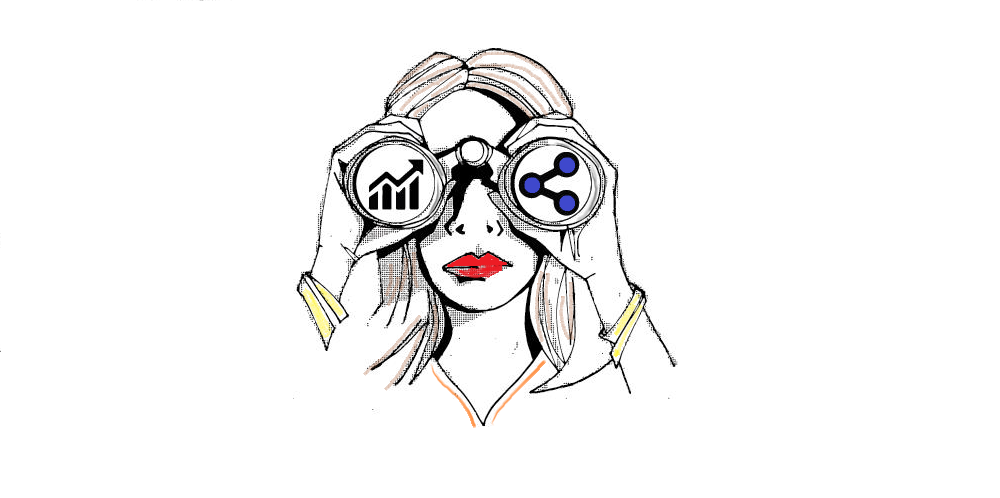
The next meeting of the UN’s ‘Multi-Stakeholder Working Group on Data Governance’ is scheduled for 15-16 September in Geneva and is open to observers (both onsite and online).
In a recent event, experts from Diplo, the Open Knowledge Foundation (OKFN), and the Geneva Internet Platform analysed the Group’s progress and looked ahead to the September meeting. Catch up on the discussion and watch the full recording.
The 2025 WTO Public Forum will be held on 17–18 September in Geneva, and carries the theme ‘Enhance, Create, and Preserve.’ The forum aims to explore how digital advancements are reshaping global trade norms.
The agenda includes sessions that dig into the opportunities posed by e-commerce (such as improving connectivity, opening pathways for small businesses, and increasing market inclusivity), but also shows awareness of the risks – fragmentation of the digital space, uneven infrastructure, and regulatory misalignment, especially amid geopolitical tensions.
The Human Rights Council started its 60th session, which will continue until 8 October. A report on privacy in the digital age by OHCHR will be discussed next Thursday, 18 September. It looks at challenges and risks with regard to discrimination and the unequal enjoyment of the right to privacy associated with the collection and processing of data, and offers some recommendations on how to prevent digitalisation from perpetuating or deepening discrimination and exclusion.
Among these are a recommendation for states to protect individuals from human rights abuses linked to corporate data processing and to ensure that digital public infrastructures are designed and used in ways that uphold the rights to privacy, non-discrimination and equality.
READING CORNER
This summer saw power plays over US chips and China’s minerals, alongside the global AI race with its competing visions. Lessons of disillusionment and clarity reframed AI’s trajectory, while digital intrusions continued to reshape geopolitics. And in New York, the UN took a decisive step toward a permanent cybersecurity mechanism.
eIDAS 2 and the European Digital Identity Wallet aim to secure online interactions, reduce bureaucracy, and empower citizens across the EU with a reliable and user-friendly digital identity.


